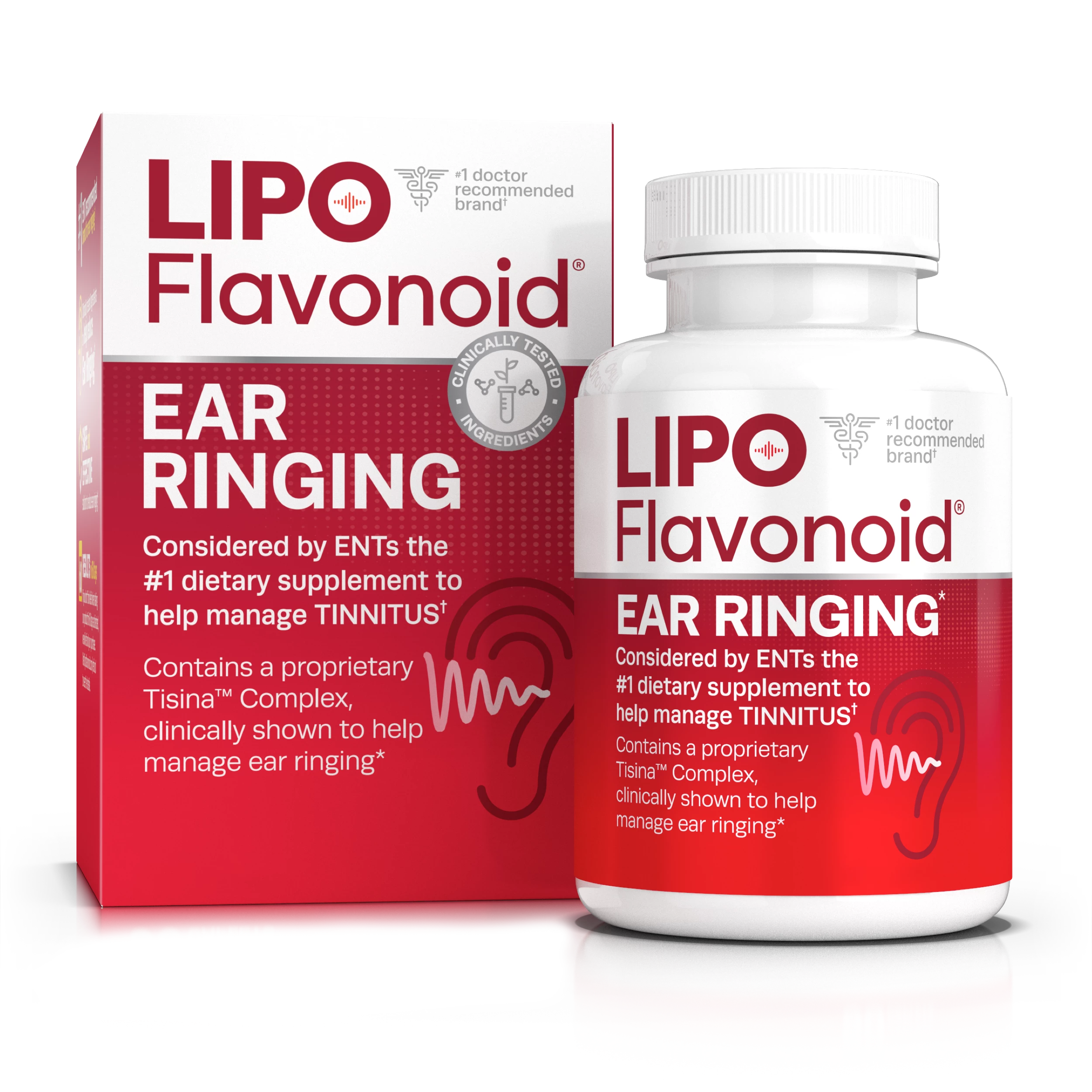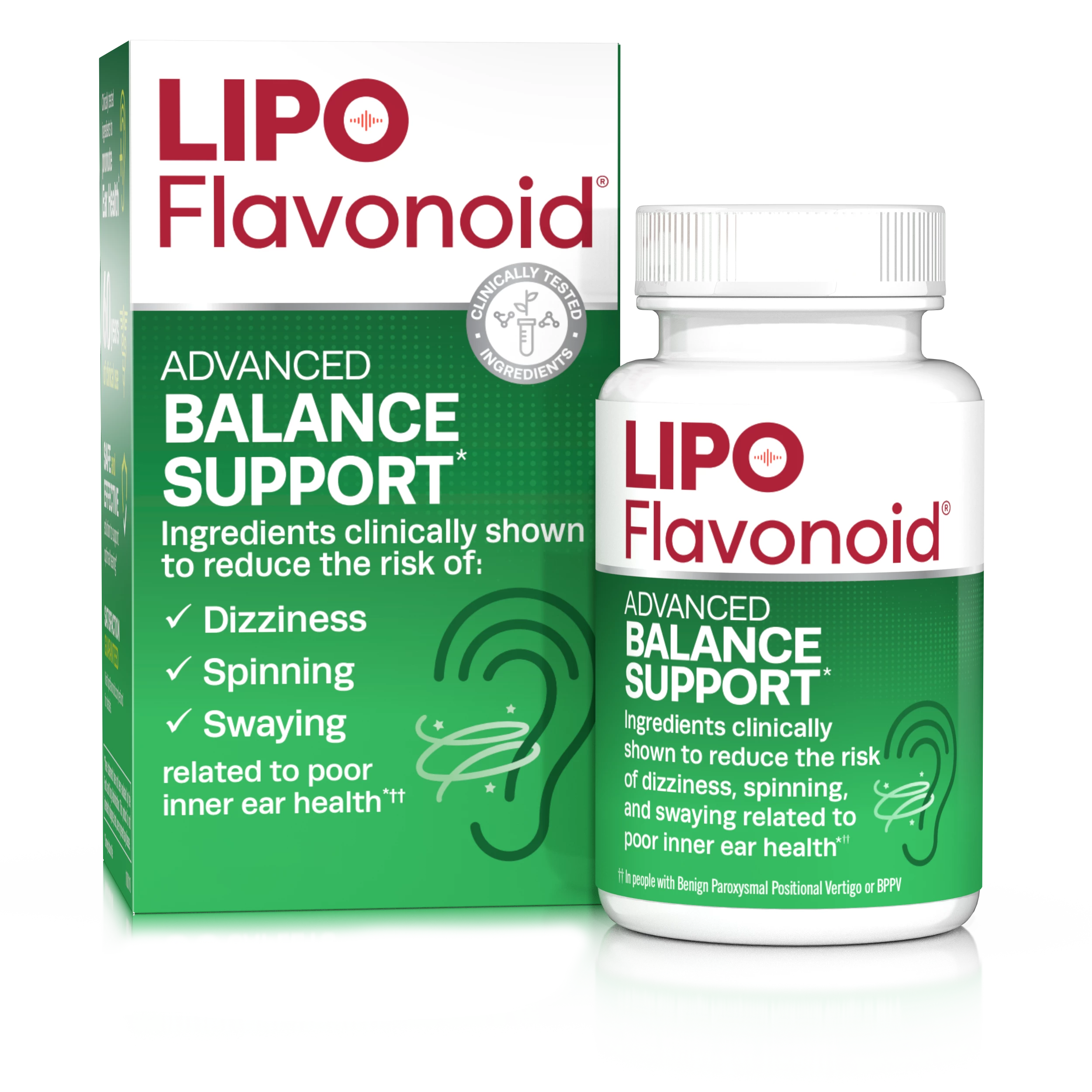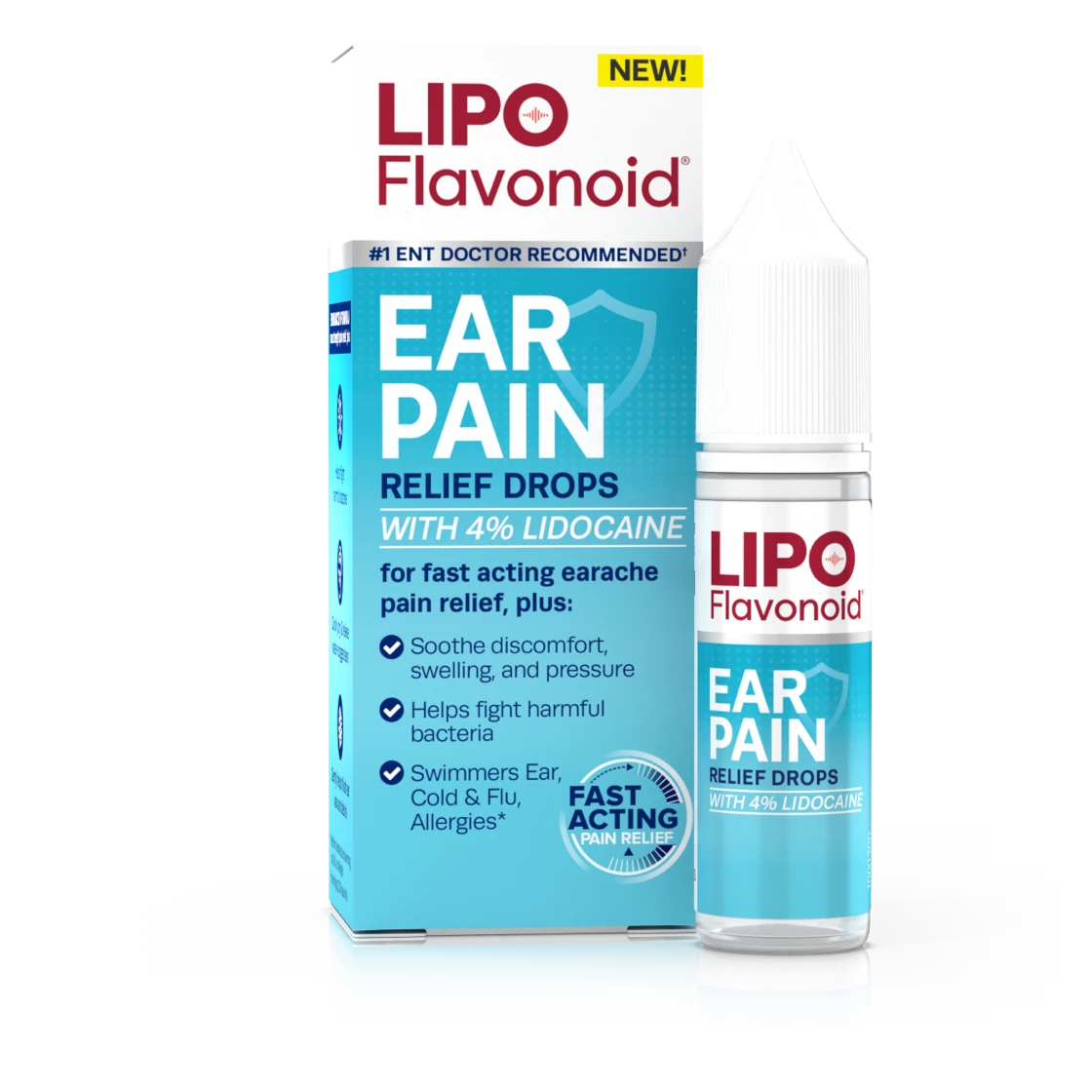Could COVID-19 Be Making Ear Ringing More Common or Severe?
COVID-19 and tinnitus (ringing in the ears) may, at first blush, seem to have nothing to do with each other. But, increasingly, researchers are seeing connections that all of us in the hearing health community should be thinking about. Here are the top three reasons why news of COVID-19 and tinnitus is buzzing:
- Pandemic stress and isolation can cause or worsen tinnitus
During times of stress (like the situations most of us are living with right now), tinnitus can be more common and more severe. A study in Ear and Hearing found that the probability of developing tinnitus is approximately the same for highly-stressed people as it is for people exposed to occupational noise. Similarly, according to the British Tinnitus Association, it’s common for tinnitus to first manifest during or after periods of high stress and for existing tinnitus to worsen with stress.
Specific to the pandemic: shutdowns, concerns for health and safety, financial uncertainty, and social/physical distancing seem to be contributing to worsening tinnitus symptoms for many. According to recent research published in Frontiers in Public Health, about a third of study participants who already had tinnitus before COVID-19’s eruption indicated that their ringing in the ears had gotten worse during the pandemic. The research showed that existing tinnitus was significantly exacerbated among those self-isolating, experiencing loneliness, sleeping poorly, and engaging in reduced levels of exercise due to pandemic-related lifestyle changes. The scientists found that increased depression, anxiety, irritability and money worries also contributed to tinnitus being more common in this COVID-19 era. These results emphasize the need for all of us to continue to look after ourselves and our loved ones with whatever social and emotional support mechanisms we can provide, while also mitigating risks of COVID-19 exposure. Phone calls, video chats, “window” or outdoor visits at a safe distance and with appropriate masking, and good-old-fashioned letters and postcards can help us to feel loved, seen, and connected during this time. Eating well, promoting quality sleep, and continuing to exercise, (either in your home or, preferably, outdoors in nature) are also important.
2. COVID-19 infection can lead to tinnitus or hearing loss
Beyond the secondary implications of how stress and negative lifestyle factors related to the pandemic can worsen or cause tinnitus, there is increasing evidence that COVID-19 infection itself can negatively impact the ears and hearing.
In the Frontiers in Public Health study mentioned above, seven participants said they first noticed changes in their hearing when they developed symptoms of COVID-19. Similarly, research in the International Journal of Audiology, found that almost 15 percent of hospitalized COVID-19 patients reported impaired hearing eight weeks after going home. In another report, a man lost his hearing while hospitalized with a severe case. One theory as to how COVID-19 may negatively impact hearing is that the infection can cause large platelet-making cells (usually found in bone marrow) to lodge in the tiny blood vessels of the ear — potentially leading to loss of nerve function in the ear that could last even after the viral infection has resolved. Additional research shows that the virus itself can infiltrate the ears. A report in the Journal of the American Medical Association noted that in autopsies of three patients who died of COVID-19, each had detectable COVID-19 virus in the middle ear and mastoid bone (which is part of the ear).
The best way to protect your ears from damage related to COVID-19 infection is to protect yourself from catching COVID-19 in the first place. This means following recommendations including: wearing a mask in public, maintaining 6 feet of distance between yourself and anyone not in your household, washing hands often, and more. For detailed and expert information on how to protect yourself and others from COVID-19, visit the U.S. Centers of Disease Control and Prevention and the World Health Organization.
3. The impact of medications
When it comes to COVID-19 infection and hearing health we must also keep in mind that several drugs currently and previously used to treat patients with COVID-19 (including remdesivir, chloroquine and hydroxychloroquine) are known to be potentially damaging to the ears (ototoxic). Ototoxic medications can cause hearing loss, tinnitus, vertigo, or dizziness as side effects. Sometimes the impacts can be reversed when the medications are stopped, but in other cases the effects can be lasting. With lists of ototoxic medications including more than 700 products, if you have new or worsening tinnitus and have recently started a different medication regimen, it’s important to talk to your healthcare provider about it. Never, however, stop taking a medication prescribed to you or change dosing without consulting with your healthcare provider first.
With the above three points in mind, healthcare providers, tinnitus sufferers (new and previous cases), everyone living with coronavirus-related stress, and anyone who has been infected with COVID-19 should be aware that ringing in the ears may be caused or exacerbated by the pandemic. Regardless how or why tinnitus may have manifested or worsened during these unusual times, support, understanding, and appropriate care is warranted to help sufferers deal with the real frustration, isolation, sleeplessness, and functional impairment tinnitus can cause.
For those experiencing tinnitus, Lipo-Flavonoid has management tips that can help, along with well-known nutritional supplements. Lipo-Flavonoid is #1 doctor recommended for patients with tinnitus and is considered by ENTs to be the most effective over-the-counter solution to reduce ear ringing. Lipo-Flavonoid products combine lemon bioflavonoids and other essential nutrients to help support ear health. Clinical experience reported in medical journals indicates that patients can experience considerable benefit from lemon bioflavonoids without side effects. Lemon bioflavonoids are thought to help relieve tinnitus symptoms by: improving microcirculation in the inner ear, preventing abnormal accumulation of fatty deposits, and blocking histamine production in the inner ear (a likely cause of inner ear disturbances.)
Stay safe and healthy and we’ll be back again with more important tinnitus information next time!


